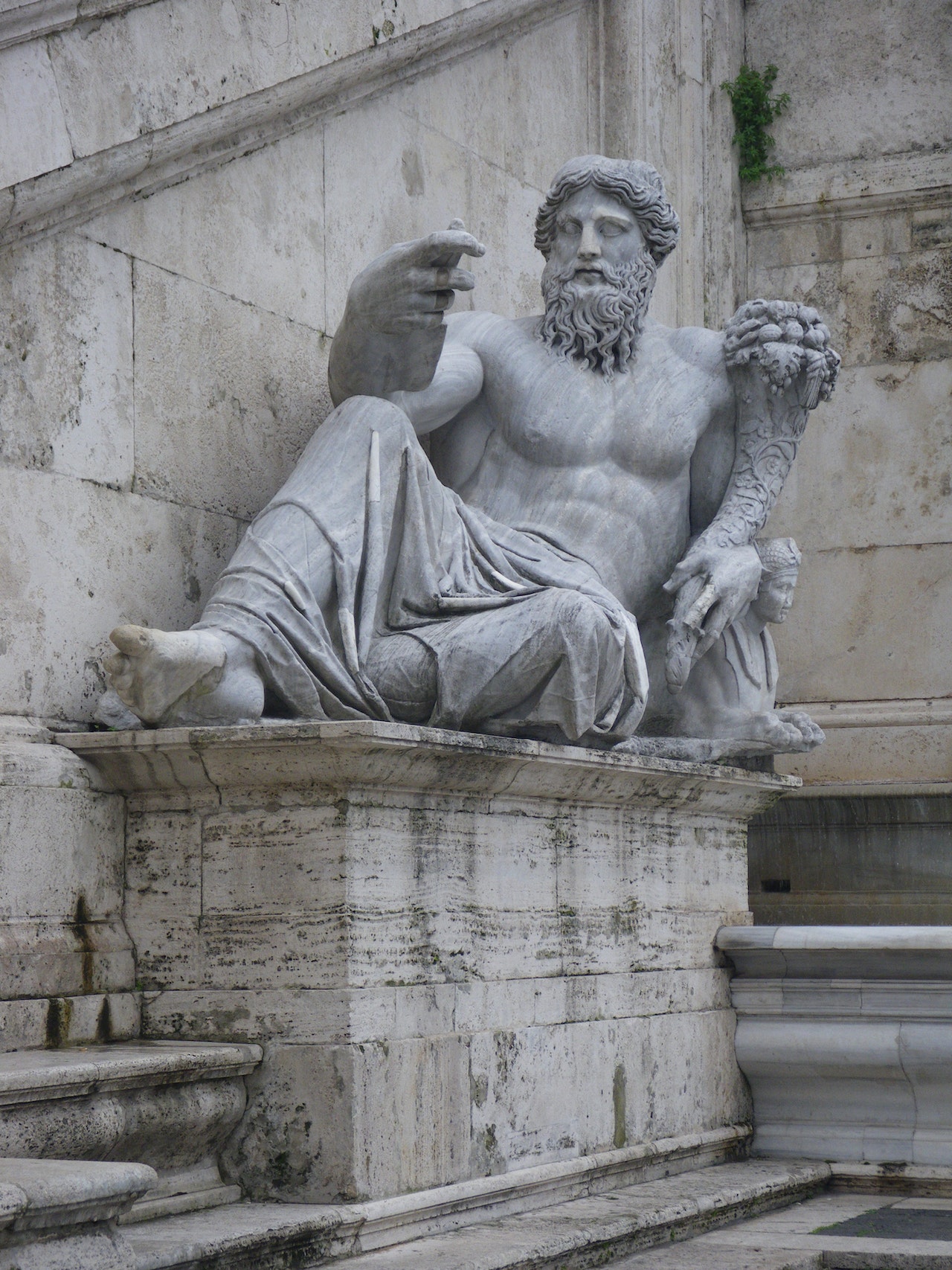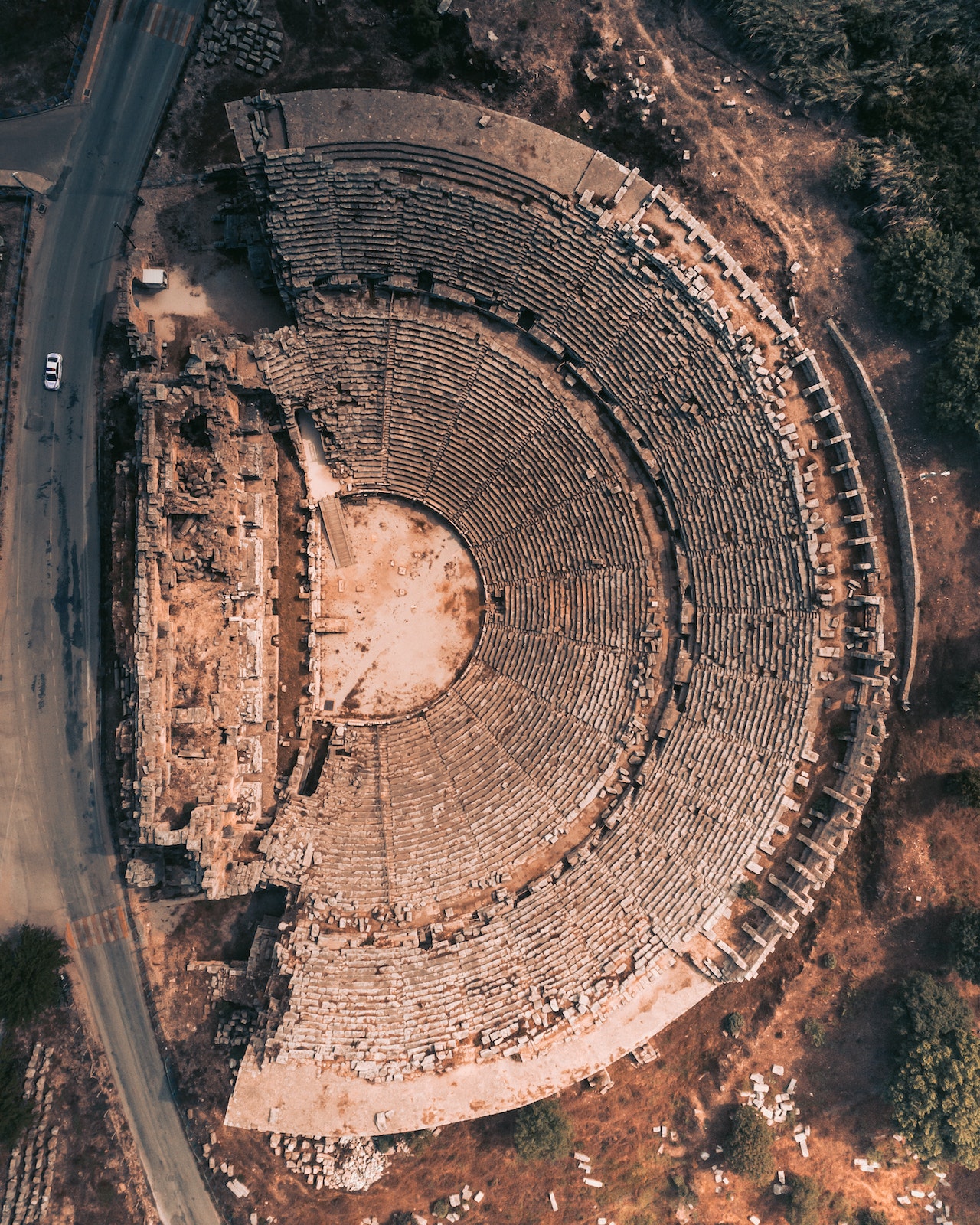Ancient Greek Diplomacy And Its Impact On Modern Diplomacy And International Relations
In antiquity, Greece was regarded as the birthplace of European civilization. The basis of modern philosophy is the Greek ideas of argumentation, competition, and logical thought. The European philosophical heritage, according to the eminent British philosopher Alfred Whitehead, is merely a collection of Plato's footnotes.
In Greek politics, democracy was formed through a contest of ideas and the use of force in an effort to win the confidence and support of the electorate. Despite this, the League of Nationsand the United Nations Charter both adopted the concept of "common peace" from ancient Greek diplomacyas one of their fundamental principles.
Ancient Greek philosophers and scientists invented comparative testing techniques, which are a major contribution to modern sciences. Greece is also where the words "diplomacy" and "technology" came from, as well as theater, geometry, and astronomy.
What Is The Origin Of The Word "Diplomacy"?
The word "diplomacy" is derived from the Ancient Greek (diplma), which consists of the prefix diplo (meaning "folded in two") and the suffix - ma (meaning "an object"). The folded paper granted the bearer advantages, frequently serving as a travel permit. Later, Latin adopted the term "diploma" to refer to an official document.
In the 18th century, a person authorized to negotiate on behalf of the state was known as a diplomate, and officials concerned with foreign policy were known as a corps diplomatique. Edmund Burke, a philosopher and political scientist, coined the term "diplomacy" in English in 1796.
Early Greece
Ancient Greeceserved as a link between Asia and Europe because it was situated in southeast Europe. This fact is crucial for comprehending the whole dynamics of Greek diplomacy and warfare. More than 1,000 city-states (polis) that were both independent and interdependent existed in Greece, which provided a favorable environment for diplomacy. Furthermore, Greece had a well-established power dynamic.
The Tablets Of Amarna
The earliest known documents of the prehistoric international system are the Amarna tablets, which were found in Egypt in 1887. Akkadian, known as "the diplomatic language of the ancient Near East," was used to write diplomatic letters on cuneiform tablets.
Around the fourteenth century BC, the letters document diplomatic correspondence between the pharaohs and the kings of Syria-Palestine, Babylonia, Assyria, Canaan, Hatti, Mittanni, and other minor Near Eastern nations. The letters focused on trade and friendship.
The pharaoh and the monarch of the Hittite Empire signed a peace contract on a stone tablet after the battle of Kadesh/Qadesh in 1274 BC; its pieces are said to be proof of the first recorded international peace agreement.
Ancient Greek Inventions In Diplomacy
Early International Relations
Early multilateral diplomacy was based on the concept of a ceasefire during the Olympic Games and other international celebrations. City-state representatives used to congregate here during that period. Additionally, it was a time when they had a common identity and an excellent chance to bargain.
Here, the concept of "common peace" was developed, which brought about lasting peace amongst the Greek city-states. One of the founding ideas of the League of Nations and our current system, which is founded on the Charter of the United Nations, is the notion of common peace, which is still prevalent today.
Large-member military alliances (or "leagues") set up for defense and offense, and religious leagues (neighboring communities sharing a deity) were where multilateral diplomacy took place to a greater extent.
The Second Athenian Confederacy, a defensive coalition formed in 378/7 BC, is one example of well-developed multilateral alliances. Its goal was to assuage the rising concern that Sparta would not uphold the unbreakable peace between the Greek cities.
The famous Aristoteles Decree explained what it wanted to do and how it would protect itself. It also invited all "barbarians" (people who were not Greek) living on the mainland or the islands to join.
Steganography
Steganography is one of the oldest techniques for obscuring hidden information, dating back to the 5th century BC. According to the Greek historian Herodotus, the ruler Histiaeus first employed it when he shaved a servant's head and then tattooed a message on his scalp. The servant was sent out to deliver his message, which was made clear when his hair was cut again: the Persian army was coming to attack.
Democracy And Diplomacy
One similarity between our time and ancient Greece is the great emphasis on openness and transparency. One of the openest forms of diplomacy ever employed was that of the ancient Greeks. When speaking in front of crowds in the host city-state, envoys used rhetoric and the arts of persuasion.
Important treaties were made public by having them inscribed on pillars made of stone or bronze called stelai that were placed in temples or other revered locations.
Ironically, at least initially, this openness led to one of the main diplomatic failings of ancient Greek diplomacy. Envoys were advocating more than they were negotiating in front of the foreign public.
Instead of attempting to reach a settlement with the opposing side, their duty was to persuade the larger population of the receiving state. Today, advocacy is a key component of online public diplomacy.
Big diplomatic wins, on the other hand, are usually made through "transparent diplomacy," in which the public knows about the negotiations and their results but doesn't watch the process as it happens.
The major objective of diplomacy is to find peaceful solutions to conflicts through compromise, which must be taken into account in today's discussion about e-diplomacy and its demands for complete openness. It is frequently impossible to reach a compromise while bargaining in front of others. Democracy is one of the main research fields in politics; you can visitthe Washington Independent for the latest research articles in politics about America and Europe.
People Also Ask
What Was The Diplomacy Of Ancient Greece?
Public negotiation was a key element of ancient Greek diplomacy, in contrast to modern diplomacy. Additionally, they ratified treaties by exchanging solemn public oaths. To conduct their diplomacy, the Greek city-states relied on "proxenos" and heralds.
What Is Diplomacy In Greek?
The Greek verb "diploun" means "to fold," and it is where the word "diplomacy" first appeared. During the Roman Empire, "all passports, passes along imperial routes, and waybills were stamped on two metal plates, folded, and sewn together in a particular fashion." Diploun developed into "diploma."
What Were The Goals Of Diplomacy In Ancient Greece?
As the ancient Greek city-states grew, they started interacting constantly with one another, which resulted in warfare, the formation of closer ties, alliances, etc. Diplomacy started out as a way for ancient people to talk to each other, solve problems, come to an agreement, and move toward the goals they both wanted.
Conclusion
Secret diplomacy is unacceptable in modern diplomacy and should not be tolerated. However, some types of "transparent" diplomacy are frequently more successful at achieving compromises than the public diplomacy that is being practiced today, which is frequently planned and increasingly done online. At least one historical lesson about ancient Greek diplomacy may be found in this.



